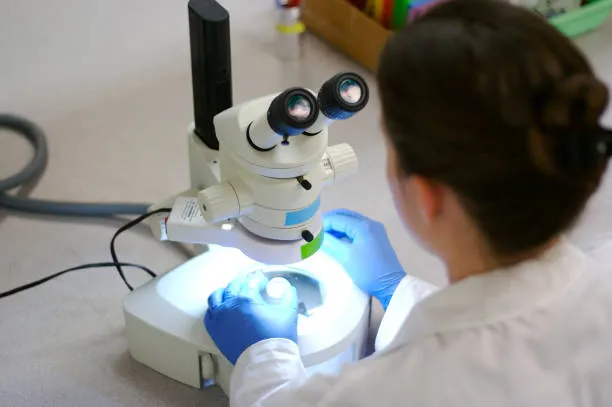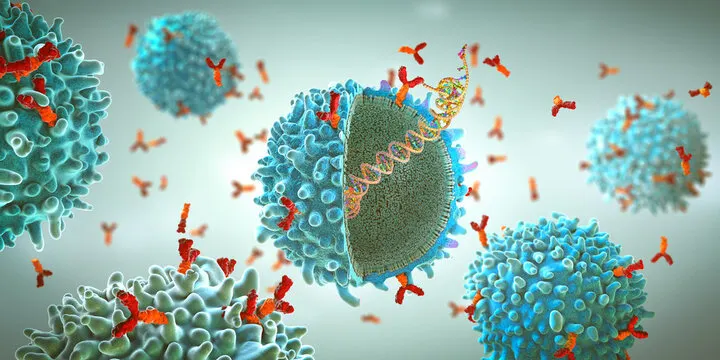Rare diseases have long posed a challenge for medical science due to their complexity and limited treatment options. However, recent advances in gene therapy are bringing new hope to millions of people worldwide. Scientists are making groundbreaking discoveries that could transform the future of medicine by offering effective, long-lasting treatments for conditions once thought to be incurable.
In this article, we explore the latest developments in therapy, how it works, recent success stories, challenges, and what the future holds.

Understanding Gene Therapy
Gene therapy is a cutting-edge medical treatment that targets the root cause of genetic disorders by altering DNA. This approach involves inserting, deleting, or repairing genes within a patient’s cells to correct defects and restore normal function.
Key Techniques in Gene Therapy:
- Gene Replacement Therapy: Introducing healthy copies of defective genes.
- Gene Editing (CRISPR-Cas9): Precisely modifying genes to correct mutations.
- RNA-Based Therapy: Altering gene expression without directly changing DNA.
- Stem Cell Therapy: Using genetically modified stem cells to repair damaged tissues.
Recent Breakthroughs in Gene Therapy
1. FDA Approvals of New Gene Therapies
Regulatory agencies like the FDA and EMA are approving more gene therapy treatments, offering lifesaving options for patients suffering from rare diseases. Some recent approvals include:
- Zolgensma – A one-time treatment for spinal muscular atrophy (SMA).
- Luxturna – The first FDA-approved therapy for an inherited eye disease causing blindness.
- Hemgenix – A groundbreaking therapy for hemophilia B, significantly reducing the need for regular infusions.
2. CRISPR Gene Editing: A Game-Changer
CRISPR technology is revolutionizing medicine by allowing scientists to edit genes with precision. Recent clinical trials have successfully used CRISPR to treat:
- Sickle Cell Disease & Beta Thalassemia: Patients who received gene-edited stem cells showed long-term relief from painful symptoms.
- Hereditary Angioedema: A condition causing severe swelling has been successfully treated using CRISPR-based therapy.

3. Advancements in Cancer Gene Therapy
Gene therapy is also making strides in treating rare cancers. CAR-T cell therapy, which involves modifying a patient’s immune cells to attack cancer, has shown promising results in:
- Leukemia and Lymphoma: Many patients experience complete remission.
- Solid Tumors: Ongoing research is improving the effectiveness of therapy for solid cancers like brain and liver tumors.
Challenges and Ethical Concerns
Despite its potential, therapy still faces significant challenges:
1. High Costs and Accessibility
- Many gene therapies cost over $1 million per treatment, making them unaffordable for many patients.
- Insurance companies and governments are struggling to cover these expensive treatments.
2. Safety and Long-Term Effects
- Scientists are still studying the long-term impacts of therapy.
- Some treatments carry risks like immune system reactions and unintended genetic changes.
3. Ethical and Regulatory Issues
- Should therapy be used for non-life-threatening conditions?
- Could genetic modifications lead to “designer babies” and genetic inequality?
- How do we regulate CRISPR technology to prevent misuse?

The Future of Gene Therapy
Gene therapy is expected to become more advanced, affordable, and widely available in the coming years. Scientists are working on:
1. Next-Generation Gene Editing Technologies
- Base Editing: A more precise form of CRISPR that avoids unnecessary DNA cuts.
- Prime Editing: Allows direct DNA rewriting without causing damage.
2. Affordable and Scalable Treatments
- Researchers are developing lower-cost gene therapy options.
- Pharmaceutical companies are exploring payment models to improve accessibility.
3. Expanding Gene Therapy Beyond Rare Diseases
- Scientists are investigating how therapy could treat common diseases like Alzheimer’s, diabetes, and heart disease.
Conclusion
Gene therapy is revolutionizing modern medicine, offering new hope to those suffering from previously untreatable rare diseases. With continued research, improved safety measures, and better accessibility, gene therapy could soon become a mainstream treatment, changing millions of lives worldwide. The future of medicine is here, and gene therapy is leading the way!
Do Follow USA Glory For More Updates.






